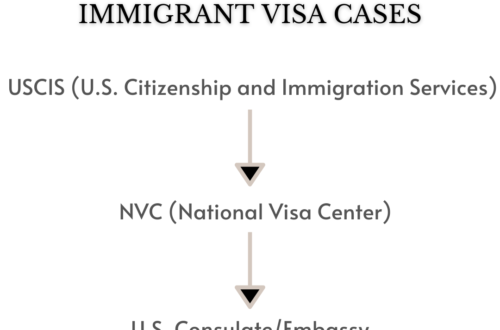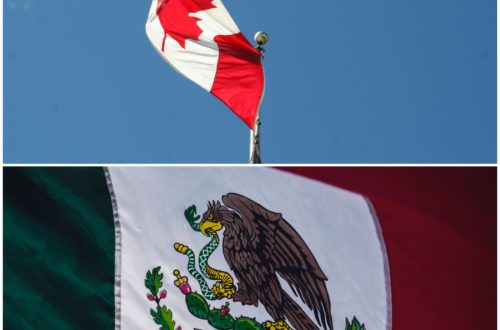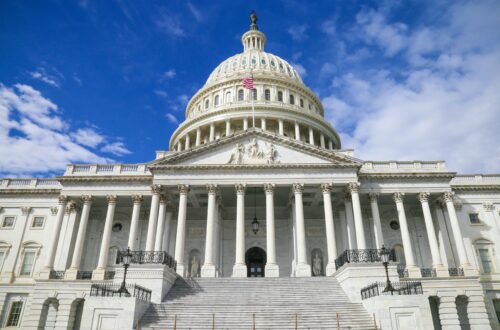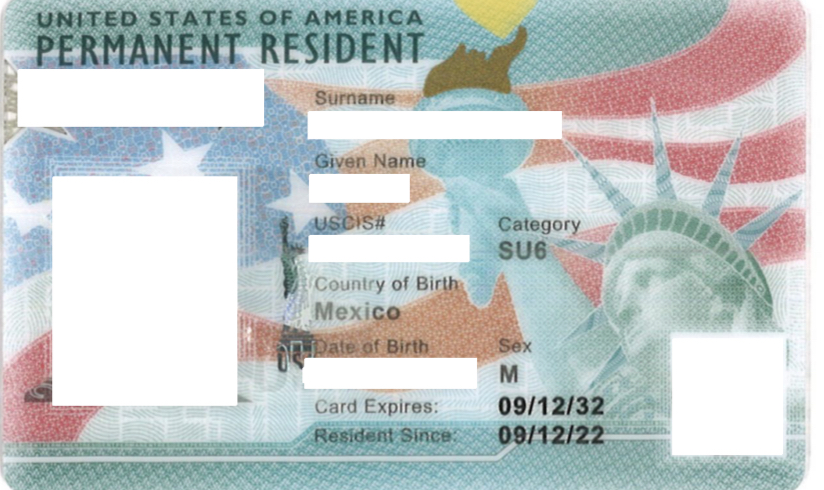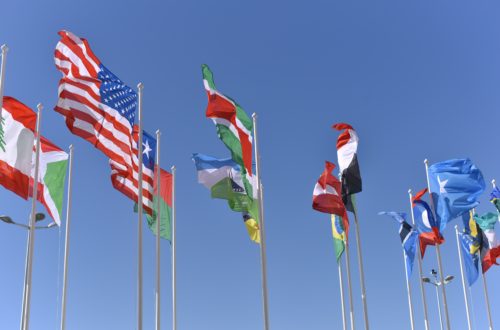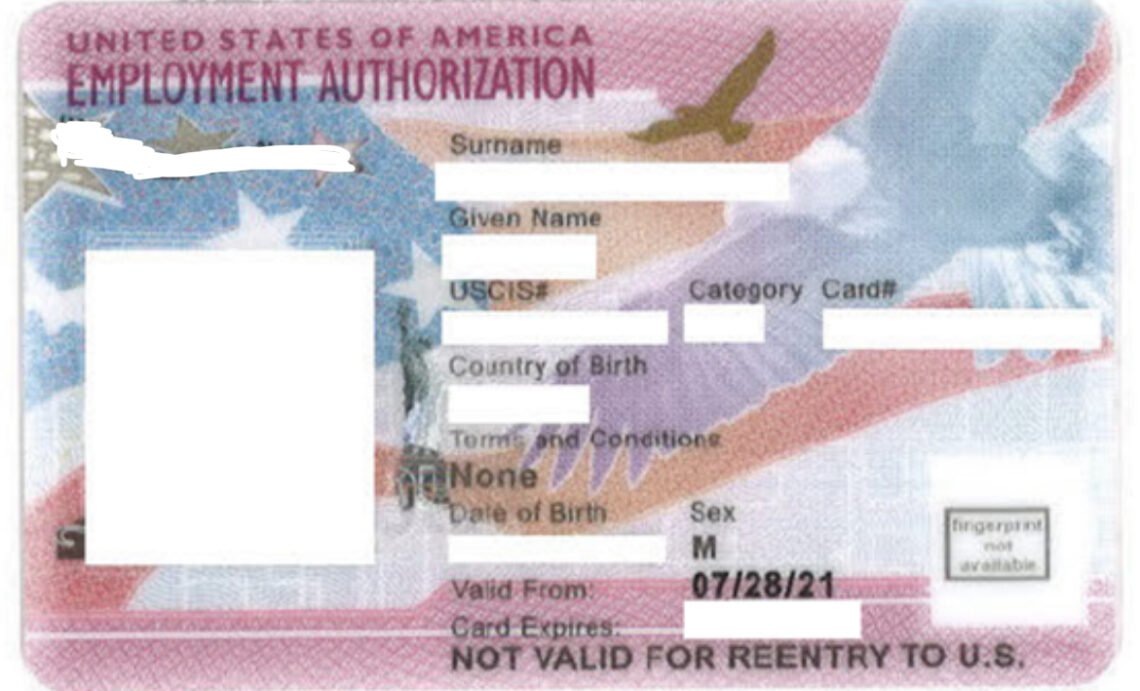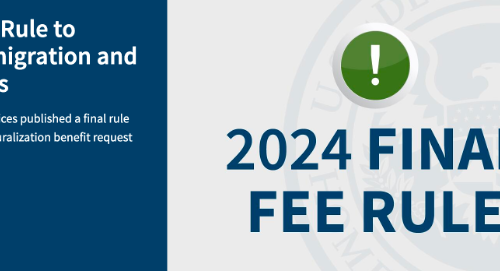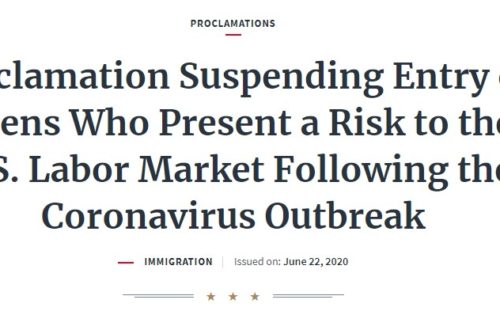-
Can Working Without Authorization In the U.S. Prevent You From Getting A Green Card?
Working without authorization in the United States is a serious violation of U.S. immigration law, and can lead to you not being able to get a green card in the future. However, if you are married to a U.S. citizen and you’re getting your green card through your marriage, or you’re an “immediate relative” of a U.S. citizen, you can be forgiven for working without authorization assuming you did not claim to be a U.S. citizen when you applied for the job. This scenario comes up all the time with my clients, and it’s always something they worry and ask about, but the immigration laws actually automatically forgive this if…
-
The Green Card Process for Foreign Workers
I’ve met with many employers with the same issue – they are having a hard time finding workers. One potential solution is petitioning for foreign workers to fill those jobs. The process works and can fill a range of jobs from landscapers to cooks to hotel workers to tech jobs and everything in between. However, the caveat is that it will take time, and it can take even longer depending on where the foreign worker was born (nationals from India can end up waiting almost 10 years for a green card through an employer). My answer to employers who say that they need workers now and cannot wait long is…
-
DACA Ruled Unlawful but Continues for Now
On October 5, 2022, the U.S. Court of Appeals of the Fifth Circuit issued a decision on DACA. The court partially agreed with the district court’s ruling that DACA is unlawful. The three-judge panel stated that the Obama administration did not have the legal authority to implement the program. The case will now go back to the district court for further proceedings. It is expected that the Biden administration will file an appeal paving the way for the issue to go all the way up to the U.S. Supreme Court, which would allow them to issue a final decision on the legality of DACA next year. Although the appeals court…
-
USCIS Extends Green Card Extensions to 24 Months For Green Card Renewals
On September 28, 2022, USCIS announced effective September 26, 2022, they will automatically extend green cards for an additional 24 months for those who have filed for a renewal. Green card holders who have applied to renew their expired or expiring green cards will receive a 24-month extension notice, which used to be 12 months. For those who applied for renewal prior to September 26, USCIS should be sending new receipt notices to reflect the 24-month extension. To renew a green card, the earliest a renewal can be sent is within 6 months before the current green card expires. Almost all green card renewals are never approved within 6 months…
-
Which One Processes Faster? A Fiance(e) Visa or Spouse Visa?
I meet with many people who ask me if they should do a fiance visa or spouse visa if their significant other is not in the U.S. and will process at a U.S. consulate. Generally speaking, the fiance visa will be faster if the goal is to be together in the U.S. as soon as possible. Remember that once your fiance comes to the U.S. with the fiance visa (K1 visa), you must get married within 90 days of your fiance entering. Once you are married, the green card application can be filed, and your fiance would remain in the U.S. while that is processed. Eventually, an interview will be…
-
My Green Card Will Expire Soon, but I Filed for a Renewal. What Happens if I Don’t Get My Green Card Before My Current One Expires?
If your green card is going to expire soon, and you have already filed for renewal, what happens once your current green card does expire and you don’t have your new green card yet? Fortunately, you’ll be just fine. When you send in your renewal application, USCIS will send you a receipt notice confirming they have received the file and it’s processing. That receipt notice will also serve as an automatic 12-month extension of your current green card. If the expiration date on your green card shows October 1, 2022, that notice autonomically extends it for another 12 months. If you are in this situation and need to show proof…
-
USCIS to Offer Premium Processing for Certain I-765 EAD Applications (Work Permits)
USCIS published a final rule called Implementation of the Emergency Stopgap USCIS Stabilization Act in the Federal Register at 87 FR 18227 (March 20, 2022). This rule went into effect on May 31, 2022. One of the provisions in this rule is the option for people to pay an optional premium processing fee (it’s an expedite fee) to get their work permits processed sooner. However, the payment of the premium processing fee is not available for work permit applications yet and will become available once USCIS completes all the necessary logistical steps to get it implemented. USCIS stated that it plans to implement this in the fiscal year 2022. See…
-
Employment-Based Immigration, Family-Based Immigration, Green Card, Lawful Permanent Residency, Policy Change, U.S. Citizenship
Why Could Your Case Be Taking So Long? USCIS Processing Delays Remain at Crisis Level
Nationwide, you and millions of families, businesses, and individuals applying for immigration benefits are waiting longer for U.S. Citizenship and Immigration Services (USCIS) to process and approve applications and petitions. Based on previously available USCIS data, in Fiscal Year (FY) 2014, an average case took about five months to process. In FY2020, an average case took more than nine months. Anyone who files applications or petitions with USCIS is affected. You and other people applying for family-based benefits, employment-based benefits, naturalization, travel documents, and employment authorization are all experiencing delays. Between FY2017 and FY2019, USCIS’s processing times for all petitions and application form types rose more than 37%. The dramatic…
-
The 3 Agencies Involved in Immigrant Visa Cases: USCIS, NVC, and the U.S. Consulate/Embassy
I want to preface this post by saying that all three of these agencies are involved when a family member or employee is being petitioned for, and that person is not currently in the U.S. and will be processing at a U.S. consulate/embassy abroad. However, there are instances when a person is going through the immigration process that involves the I-601A stateside waiver process (you can read more about that process on this blog post), and dealing with these three agencies would also apply in those cases. For anyone who wants to be petitioned for, or if the person is self-petitioning, to become a green card holder in the U.S.,…
-
Public Charge Rule Updates and Other U.S. Immigration Changes Due to COVID-19
No one can deny that this year has been full of uncertainty and changes because of the pandemic. I cannot think of one sector or industry that has not been affected in one way or another, including our U.S. immigration system. Many changes have happened and as attorneys, we have had to navigate our way through these unprecedented times staying up to date on current events and how they will be affecting our clients’ cases. Within our immigration system, there are many different areas. For example, we have the immigration courts, the U.S. Department of State, USCIS (U.S. Citizenship and Immigration Services), and the National Visa Center (NVC). Because of…

